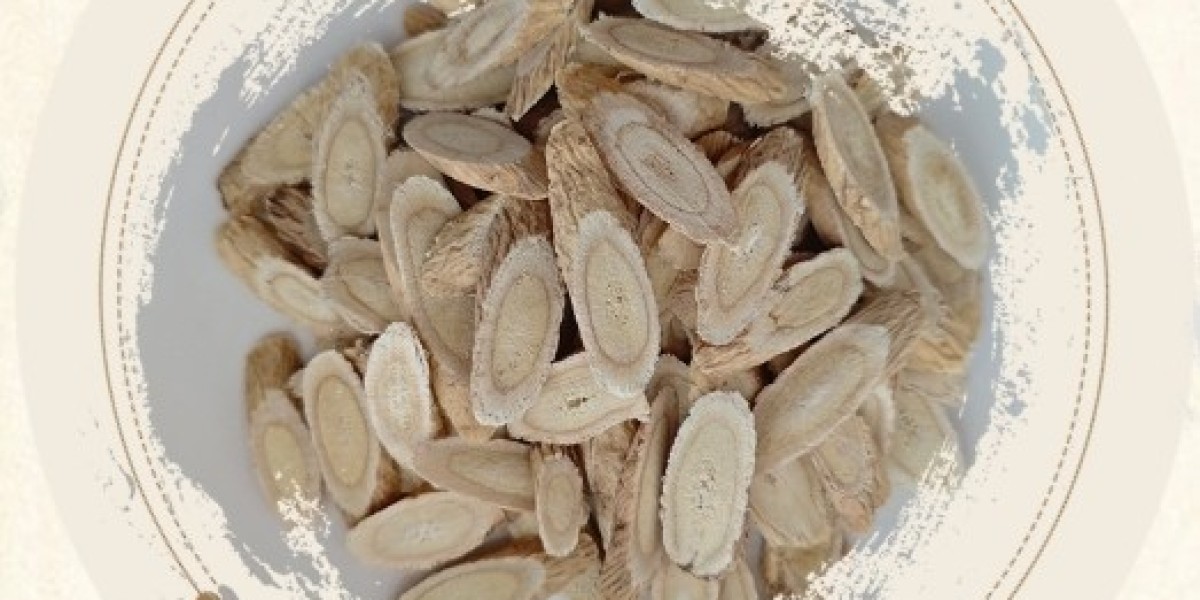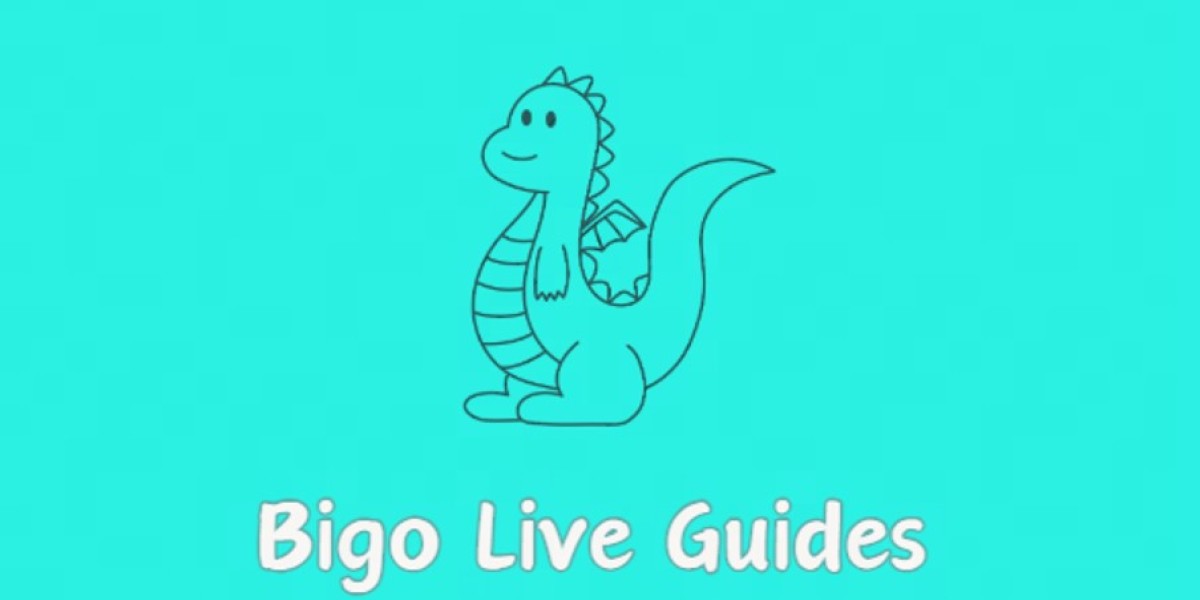When people think of Traditional Chinese Medicine (TCM), they often picture herbal teas, acupuncture, and time-tested plant-based remedies. However, TCM is a much broader and richer system—one that also incorporates the healing power of minerals. Mineral-based therapies have been a key part of TCM for thousands of years, offering unique therapeutic benefits that complement and enhance the effects of herbal medicine.
As a leading company specializing in TCM and holistic health, Qianbu recognizes the value of mineral medicines and is committed to reviving and modernizing their use. Through rigorous research, sustainable sourcing, and product innovation, Qianbu is helping to bring these ancient remedies back into focus for the modern world.
What Is Mineral TCM?
Mineral TCM refers to the use of naturally occurring inorganic substances—such as stones, salts, clays, and metals—in medicinal practice. These substances are prepared through specialized methods, including calcination, purification, and grinding, to ensure they are safe and therapeutically effective.
While less commonly discussed than herbal medicine, mineral-based remedies in TCM are prized for their strong, stable, and deeply penetrating properties, often used in cases where herbs alone may not be sufficient.
Key Advantages of Mineral-Based Remedies in TCM
1. Anchoring and Calming the Spirit (Shen)
Minerals such as Magnetite (Ci Shi) and Hematite (Dai Zhe Shi) are traditionally used to settle the spirit, reduce anxiety, and treat insomnia. These heavy substances anchor excess Yang energy, bringing calm and grounding to patients with restlessness, palpitations, or emotional imbalance.
2. Detoxification and Heat Clearing
Minerals like Gypsum (Shi Gao) and Calamine (Lu Gan Shi) are renowned for their cooling and detoxifying properties. They are used to clear internal heat, soothe inflamed skin conditions, and treat high fever or irritability.
3. Promoting Healing of Wounds and Sores
Certain mineral powders, such as Dragon Bone (Long Gu) and Kaolin Clay (Bai Shi), are applied topically or internally to promote tissue regeneration, stop bleeding, and reduce swelling. These are especially useful in dermatological conditions and trauma care.
4. Strengthening Bones and Joints
Mineral remedies are often used in orthopedic and geriatric TCM formulas to strengthen the bones, improve mobility, and reduce chronic pain. For example, Fossilized bones (Long Gu) and Oyster Shell (Mu Li) are used to support musculoskeletal health and calcium balance.
5. Enhancing Digestive and Metabolic Function
Minerals such as Halloysite (Chi Shi Zhi) and Amber (Hu Po) are included in formulas to regulate digestion, absorb toxins, and treat issues such as chronic diarrhea, acid reflux, and abdominal discomfort.
Qianbu’s Commitment to Revitalizing Mineral TCM
As a trusted name in the traditional health industry, Qianbu is working to preserve, innovate, and promote mineral-based therapies through modern applications and research. This includes:
1. Strict quality control and purification processes to ensure safety and efficacy
2. Scientific validation of mineral pharmacology and clinical applications
3. Sustainable and ethical sourcing of raw materials from verified regions
4. Integration of minerals into modern delivery systems like capsules, tablets, and powders
By leveraging both ancient formulation wisdom and modern production technologies, Qianbu ensures that its mineral-based TCM products meet today’s health standards while preserving their traditional value.
Integrative Healing: Minerals and Herbs Working Together
One of the unique aspects of TCM is how it combines different categories of substances to create synergistic healing formulas. Mineral medicines are rarely used alone—they are often paired with herbs to balance their intensity, enhance absorption, and broaden their therapeutic scope.
For example:
Mu Li (Oyster Shell) is paired with Zhen Zhu Mu (Mother of Pearl) and calming herbs to address anxiety and insomnia.
Shi Gao (Gypsum) is used alongside Zhi Mu (Anemarrhena Root) to clear heat and nourish Yin in feverish conditions.
This holistic approach makes TCM one of the most flexible and customizable medical systems in the world.
The Modern Role of Mineral TCM
As global interest in alternative medicine continues to grow, so does the recognition of TCM’s mineral treasures. With growing scientific attention and the support of companies like Qianbu, these once-overlooked remedies are being reintroduced in safe, effective, and user-friendly formats.
Qianbu's mineral-based product line addresses key areas such as:
Emotional wellness and sleep
Bone and joint support
Detoxification and skin repair
Digestive health and gastrointestinal protection
Each formulation is the result of deep respect for tradition combined with modern clinical insight.
Conclusion
Mineral remedies in Traditional Chinese Medicine offer a powerful complement to plant-based therapies, adding depth, strength, and stability to treatment strategies. With their grounding nature and therapeutic potency, they remain a vital part of holistic healing.
Thanks to the efforts of Qianbu, a company rooted in tradition and committed to innovation, these ancient mineral formulas are now reaching more people in ways that are safe, effective, and aligned with modern health goals.
Whether you're a practitioner, wellness enthusiast, or someone seeking natural solutions to chronic conditions, mineral TCM is a path worth exploring—and Qianbu is here to guide the way.
A Deep Dive into the Uses of Medicinal Plants in Traditional Chinese Medicine







